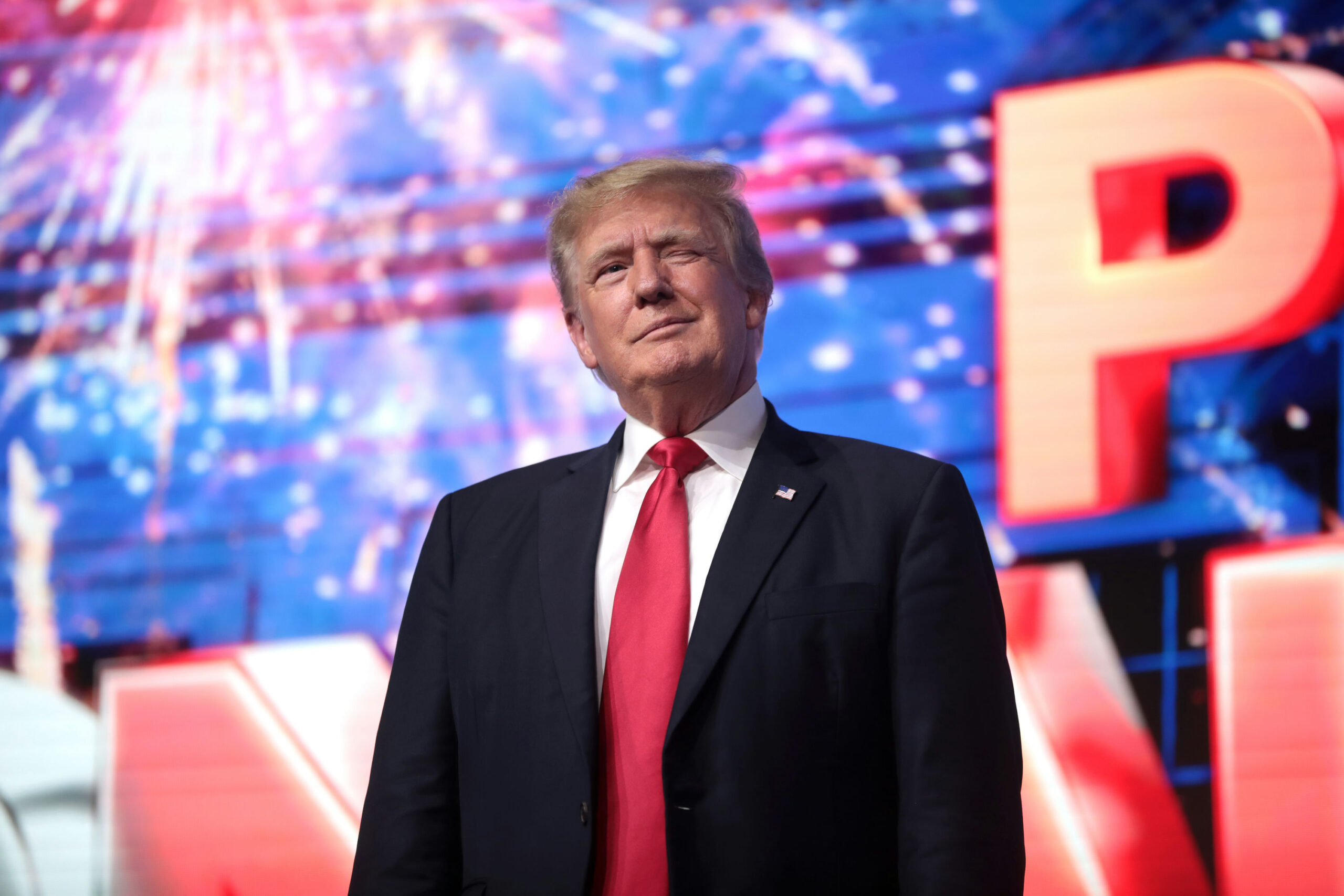A new policy threatens international stability as the Trump administration declares “armed conflict” with drug cartels, prompting intense debate.
The Trump administration has taken a bold step by notifying Congress that the United States is now in a state of “armed conflict” with drug cartels. This unprecedented move redefines cartels as terrorist organizations, framing their actions as “armed attacks” against the U.S. The declaration follows U.S. military strikes on boats off the coast of Venezuela, allegedly carrying drugs and cartel members. This significant policy shift has sparked intense debate over its legal and strategic implications.
Venezuela’s response has been swift, with President Nicolás Maduro reportedly ordering militias to prepare for potential confrontation. This development escalates tensions between the U.S. and Venezuela, a country already strained by political and economic crises. The designation of cartels as terrorist organizations marks a dramatic departure from previous counternarcotics efforts, raising questions about the potential for cross-border military action and regional instability.
Congressional Reaction and Legal Concerns
In Congress, the declaration has been met with mixed reactions. Some lawmakers, like Senator Jack Reed, demand clarity on the legal justification for U.S. military actions against non-state actors like cartels. The Trump administration’s decision to bypass traditional law enforcement methods and resort to military engagement has prompted calls for oversight and a reevaluation of executive authority in matters of national security. The potential normalization of military action against criminal organizations is a concern for many, as it could set a precedent for future engagements.
The situation remains fluid, with the U.S. military actively engaged in counternarcotics operations. As the debate continues, there is increasing pressure on Congress to scrutinize the administration’s actions and ensure that they align with U.S. legal and constitutional frameworks. The potential for direct clashes between U.S. forces and cartel or Venezuelan elements poses a significant risk, both politically and militarily.
Implications for U.S. Foreign Policy and Regional Stability
The declaration of “armed conflict” with drug cartels has far-reaching implications for U.S. foreign policy and regional stability. It shifts the focus of U.S. counternarcotics strategy from law enforcement to military engagement, which could destabilize Latin America and strain diplomatic ties. The potential for increased violence and humanitarian concerns in transit and source countries is a pressing issue that cannot be overlooked.
"Trump ‘Determined’ the U.S. Is Now in a War With Drug Cartels, Congress Is Told.
A notice calls the people the U.S. military recently killed on suspicion of drug smuggling in the Caribbean Sea “unlawful combatants.”", @nytimes https://t.co/Dpokgdq0Qx— Amb. Arturo Sarukhan (@Arturo_Sarukhan) October 3, 2025
As the situation develops, the U.S. must navigate the delicate balance of projecting strength while avoiding unintended consequences. The administration’s approach to combating drug cartels will be closely watched by international actors and regional governments, who may respond to this escalation with caution or opposition. The outcome of this policy shift will likely influence U.S. relations with Latin American nations for years to come.

